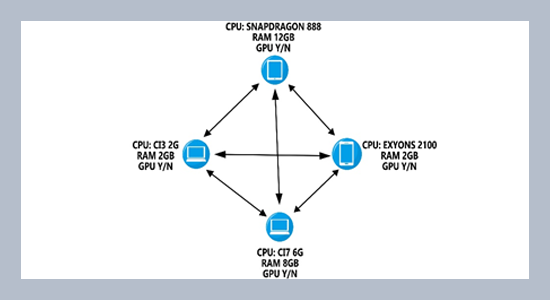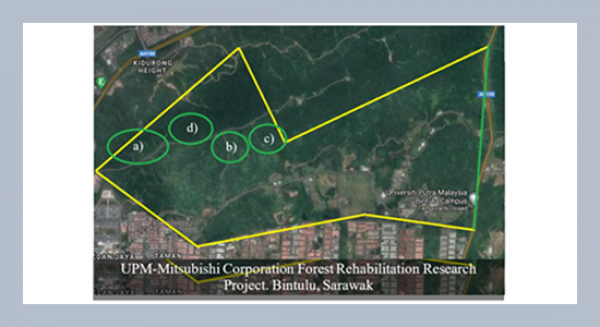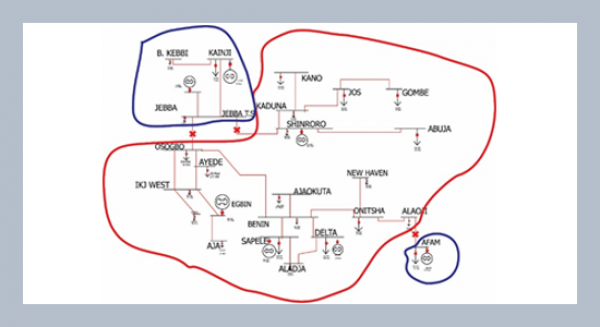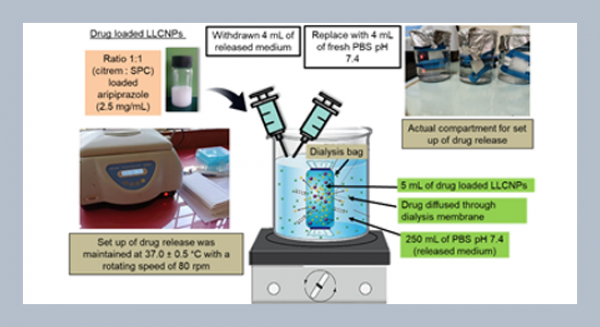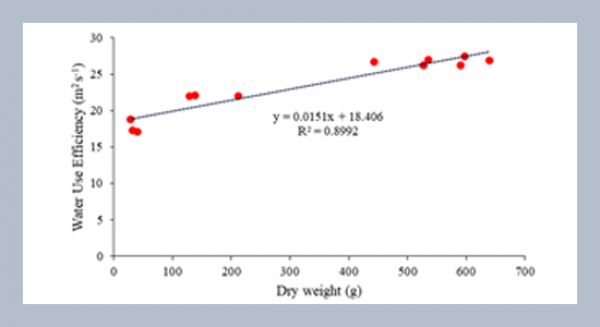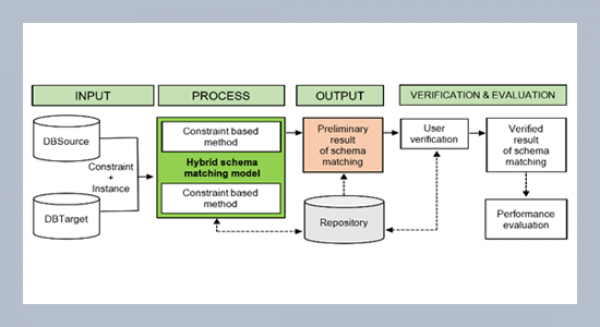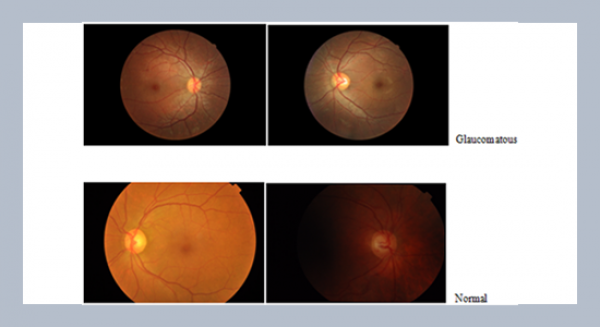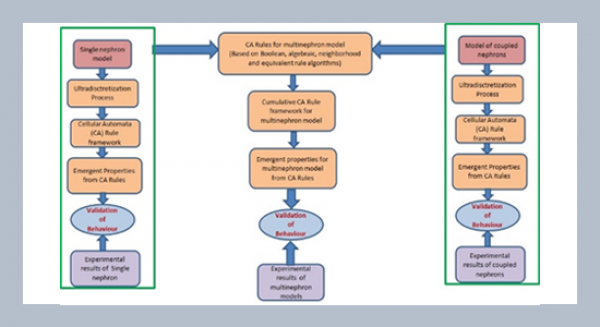Dhuha Basheer Abdullah, Wael Hadeed* Department of computer science, University of Mosul, Hay Althaqafa, Mosul, Iraq
Download Citation:
|
Download PDF
A new trend of advanced applications with high demands has emerged in recent years. Though cloud computing provides ripe management services with ubiquitous abilities, new needs and workloads decreed by new services tend to unmask their deficiencies. Edge computing is a new type of computing that brings cloud services closer to customers. In addition to that, edge computing reduces client/server latency significantly. The services must work on edge nodes that are physical as near to their customers as reasonable to achieve slight latencies. As a result, when a client relocates, a service should migrate across edge nodes to preserve proximity. Besides, migration of containers between edge nodes allows for many emerging use cases, reduces back-to-the-cloud, and optimizes resource management (for example, e-learning systems). In this paper, an algorithm for managing container execution has been proposed. A set of constraints are considered when migrating containers between nodes, such as resource availability, deadline time, and nodes location. When an event occurs, the container must be migrated from one node to another closest/best possible node is searched. The container live migration is used to get the best possible response time, reduce server return, and better manage resources.ABSTRACT
Keywords:
Edge computing, Container, Docker, Optimal decision, Live migration.
Share this article with your colleagues
REFERENCES
ARTICLE INFORMATION
Received:
2022-06-15
Revised:
2022-07-27
Accepted:
2022-08-17
Available Online:
2022-09-05
Abdullah,D.B., Hadeed, W. Container live migration in edge computing: a real-time performance amelioration. International Journal of Applied Science and Engineering, 19, 2022121. https://doi.org/10.6703/IJASE.202209_19(3).007
Cite this article:
Copyright The Author(s). This is an open access article distributed under the terms of the Creative Commons Attribution License (CC BY 4.0), which permits unrestricted use, distribution, and reproduction in any medium, provided the original author and source are cited.



